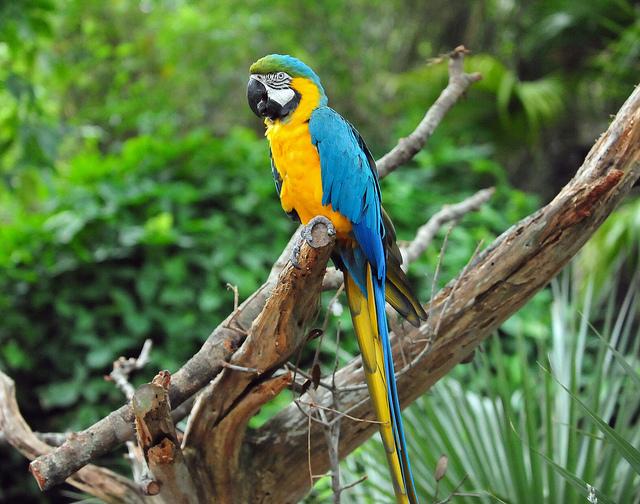
In the GrowPods colonizing outer space, scientists are observing new and exciting forms of symbiosis. In one, the Abyssinian mud elk has exchanged its antlers for the cashew tree, which sprouts directly from the mighty beast’s pate. Flourishing in the oxygen-rich environment, the branches produce nuts as fast as the golden flightless macaws can pluck and crack them. They drop the meat through the canopy to grateful one-armed sloths. These challenged arboreal browsers emerged from the jungles of Guyana at the end of the Million Year War, but no need to feel sorry for them. Our slow, smiling friends also get assistance from the translucent teardrop ant of the Lost Serengeti. This peculiar arthropod lives a solitary life in a small swath of fur just below the sloth’s eye, grooming fleas from our happy amputee with its retractable, needle-like proboscis. Look closely and you can see its circulatory system, a tangle of freeways swimming with archaeans. These glowing little scavengers thrive on microscopic particles of plastic and traces of radioactive waste. Their diminutive kingdoms are full of hustle and bustle and throbbing with light. Scientists old enough to remember are reminded of the bygone cities of Earth, observed twinkling at night from the vantage of an aeroplane.
Brian Barker is the author of two books of poetry, The Animal Gospels (Tupelo Press, 2006) and The Black Ocean (Southern Illinois University Press, 2011), winner of the Crab Orchard Open Competition. His poems have appeared in such journals as Poetry, The Gettysburg Review, American Poetry Review, TriQuarterly, The Washington Post, Indiana Review, The Cincinnati Review, Blackbird, and Pleiades. He teaches at the University of Colorado Denver, where he is a poetry editor of Copper Nickel. Learn more at http://www.brianbarker.net/.
Photo by Heather Paul
